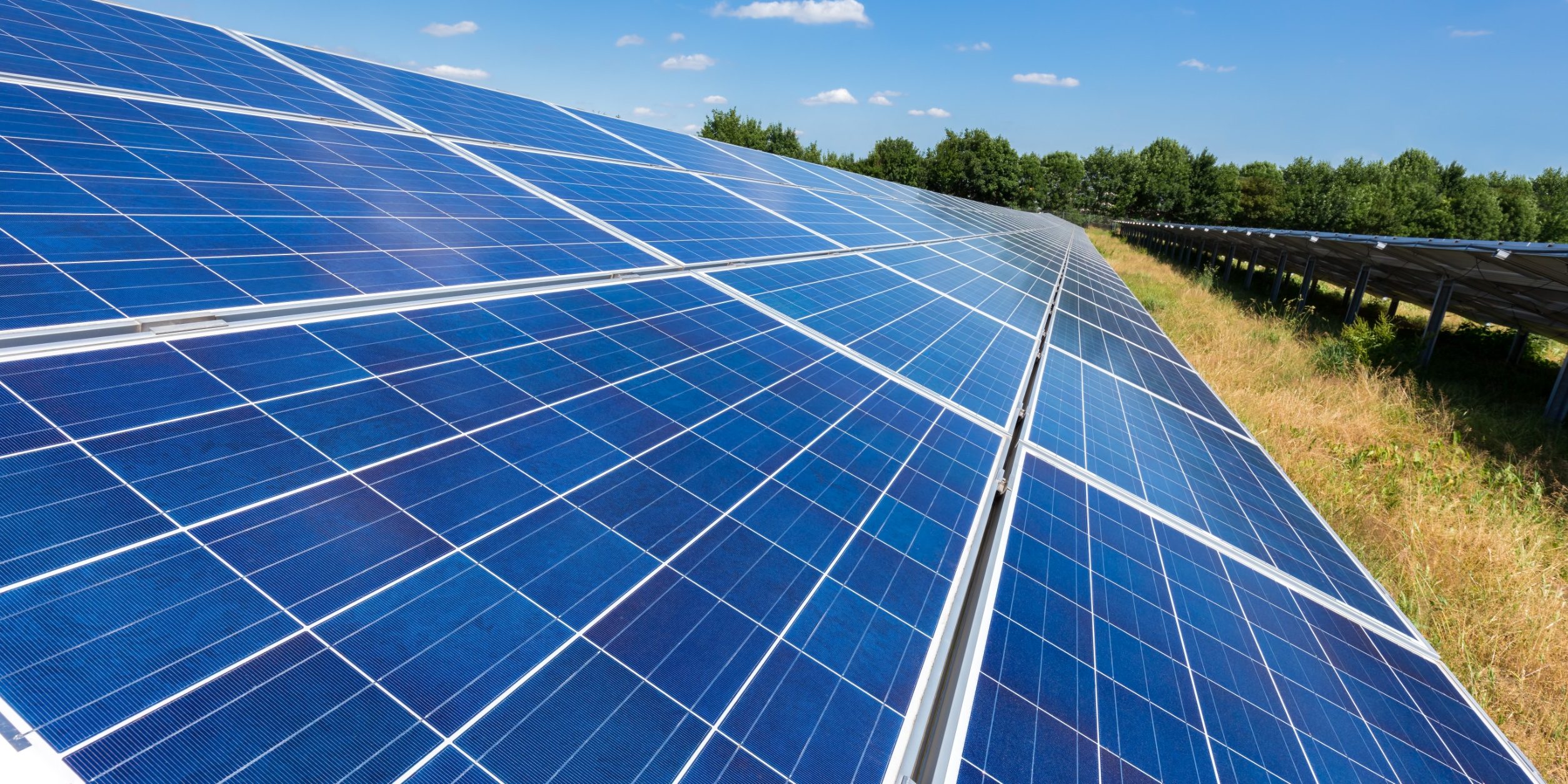A Renewable, On-Demand Source of Energy
As governments and companies strive for carbon neutrality, we will rely more heavily on solar, wind and other sources of power, which means we will also need efficient energy storage systems. Energy storage enables the cost-effective and reliable use of renewable power after it has been generated.
For this reason, energy storage is essential. It will allow renewable power sources to be dependable and available when required. Wind turbines are not operational when the weather is calm, while solar cells generate zero-carbon electricity during the day when the sun is high. Without energy storage, we cannot use this electricity when the sun sets.
Battery energy storage systems (BESS) are increasingly being used by industrial and commercial businesses to reduce their carbon footprint, provide backup emergency power sources, and lower electricity bills. BESS functions as operating reserves that help manage frequency fluctuations on the grid, charging during off-peak times and discharging when energy demand and electricity costs increase.
A More Resilient Energy Grid
Energy storage systems make the grid more resilient, allowing utilities to balance grid loads, extend the lives of aging grid infrastructures, and upgrade for a distributed energy future. Moreover, microgrids are also employing energy storage to ensure reliable power.
Industry innovators are pioneering a new flow battery technology that can store and discharge electricity even longer than commonly used lithium-ion batteries. Flow battery technology uses a non-flammable electrolyte to store and discharge electricity for up to 12 hours, while lithium-ion batteries can only discharge for four hours. Flow batteries last longer than batteries that are widely used today, providing cost-efficient, reliable power for up to 20 years.
Software innovations will make it so systems become more dynamic, allowing customers to manage how their energy is allocated to reduce costs and increase efficiencies.
In summary, battery energy storage systems are crucial for transitioning to a sustainable, renewable future. Think about how our homes will be powered, how vehicles, aircraft and other transportation modes will evolve. Batteries and energy storage technology are the future, bringing reduced costs, extended infrastructure life, and more efficient power usage.









